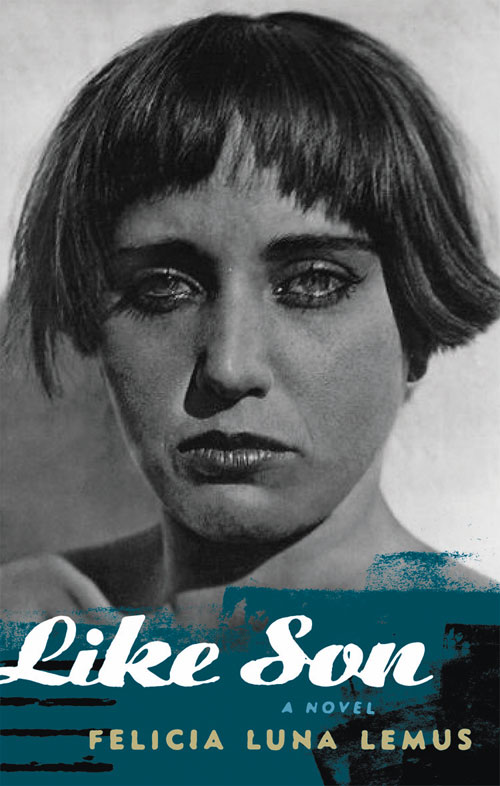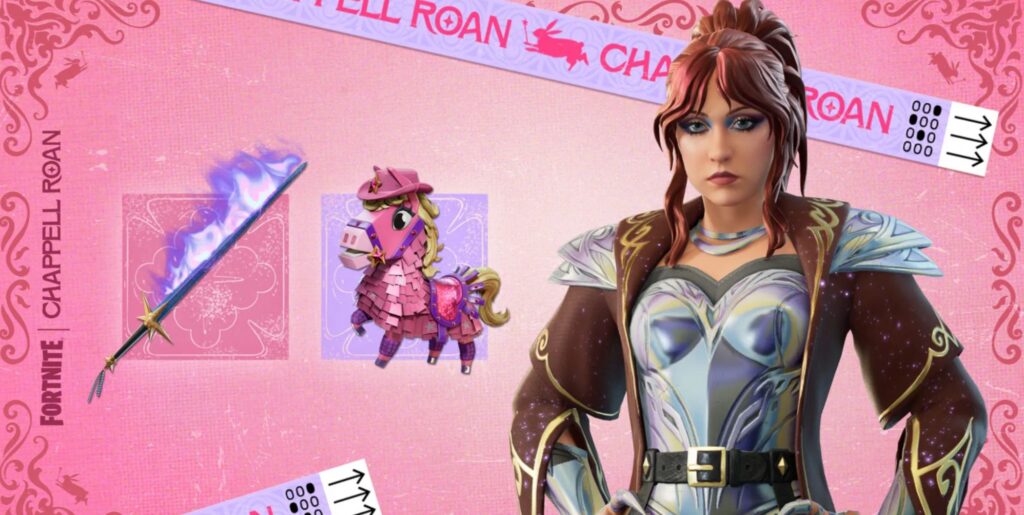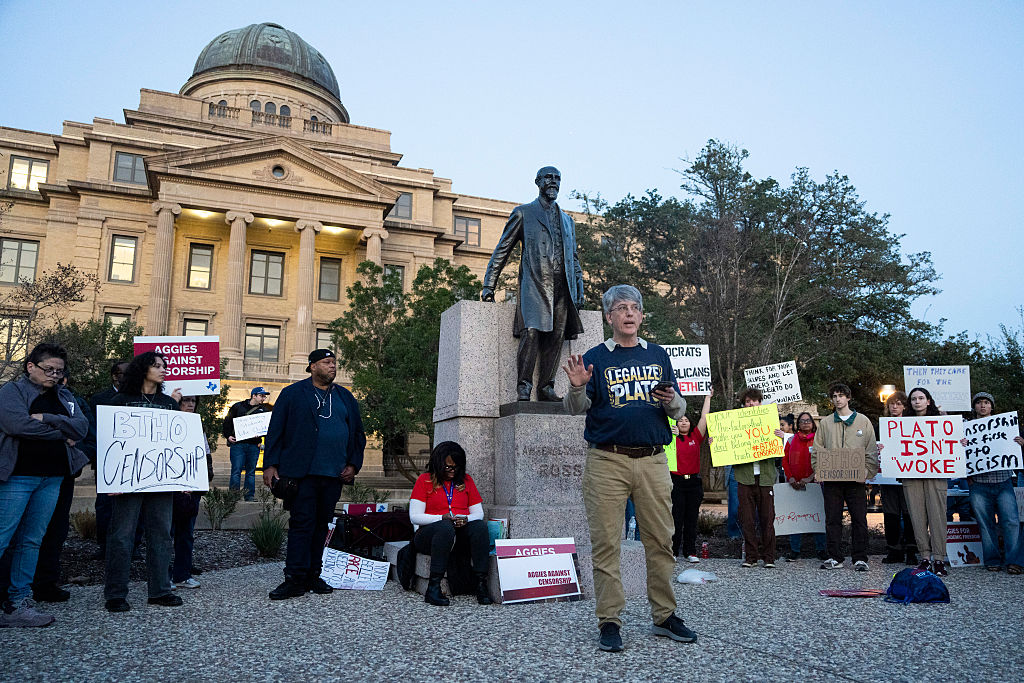Books: Like Son

Laurel Fantauzzo reviews “Like Son” by Felicia Luna Lemus. She calls it a “…an American immigrant history, and a love story, refusing to stay within the boundaries of a single definition.”
Felicia Luna Lemus’ captivating second novel, Like Son, is a coming-of-age novel, a fictional biography, an American immigrant history, and a love story, refusing to stay within the boundaries of a single definition. Like many modern novels, it features a real-life figure from history—in this case, Nahui Olin, a poet born Carmen Mondragon, who renamed herself after the Aztec words for “Earthquake Sun.” As the gorgeous subject of an Edward Weston photo, her face alone propels the protagonist, Frank, out of modern suburban sloth and into life. Frank has undergone a transformation of his own; born Francisca Cruz, a wealthy-upper-middle-class daughter, he escapes the trauma of a cruel mother and grows into a man bent on shaping his own destiny in life and love.
With Frank as narrator, speaking in the deadpan lexicon of an educated punk loner—he and T Cooper’s Lipshitz Six, Or Two Angry Blondes Eminem impersonator could be brothers—we learn the Cruz family’s tragedies in love: the botched romance between his grandmother and Nahui Olin and the sad devotion with which Frank’s spurned father continues to love his bitter ex-wife. Haunted by his father’s death and goaded by Nahui’s piercing gaze, Frank flees Los Angeles and takes shelter in the anonymity of New York City, only to find Nathalie, a dead ringer for Nahui, who inspires and arrests him into speechless devotion. When September 11 imposes its horrors on their home, Nathalie and Frank are pushed into crisis.
Traversing American geographies, histories, races and genders, Lemus has crafted a delicious, layered narrative. Frank’s simple reflections linger like Weston’s fine snapshots: upon learning of his father’s impending death, Frank says, “My chromosomes defined me as a daughter. And cancer was irreversibly sabotaging my father on the most essential of cellular levels. Our bodies were failing us in ways science could never entirely repair.” When Nathalie abandons Frank, he remembers how his father was similarly abandoned and ransacks the apartment for a sign of her: “The fancy slab of honey and oatmeal soap she’d bought at a SoHo boutique sat in a slight milk puddle of its own dilution and probably offered her DNA to be retrieved by those with the proper tools, but not by me.”
As Frank journeys frantically to free himself of damaging memories and create a lasting home with the woman he loves, he plumbs his family’s traumas and forges ahead under the indignities of modern daily life. Thanks to Lemus’ hard-hitting, often hilarious prose, the energy of the book never flags under the weight of coincidence or sentimentality. Frank is self-aware at every turn, wounded but never a victim, and as he gains his footing in a world constantly changing beneath him, we learn to love him and to embrace the chaos he learns to stop fleeing. “Living was an inherently frightening business,” he concludes. And in Lemus’ kinetic narrative, it is a complex, beautiful business, too.












